Rangers and the saga of the 'big tax case'
- Published
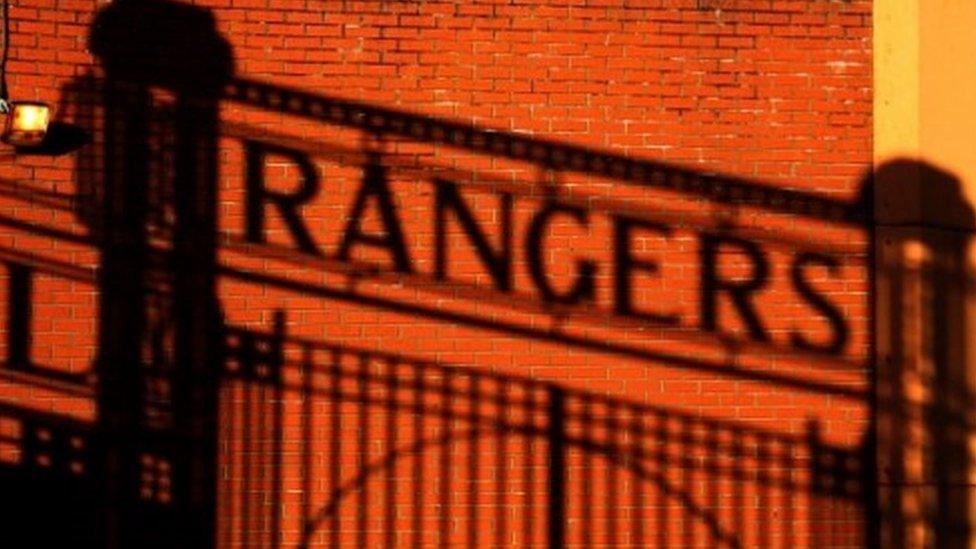
A ruling that Rangers broke tax rules, external by using Employee Benefit Trusts (EBTs) is a significant milestone in what has become knows as the "big tax case".
EBTs allowed Rangers to make tax-free loans to players and other staff from 2001 until 2010.
HM Revenue and Customs (HMRC) have now succeeded in their claim that these payments should have been taxed.
The case has unfolded against a backdrop of financial meltdown for Rangers. It may still not be finished.
Rangers were owned by Sir David Murray when the club began using EBTs.
In 2010, it emerged that the taxman had claimed the scheme amounted to rule-breaking tax avoidance and HMRC judged that the club owed tens of millions of pounds in unpaid tax, fines and interest.

Sir David Murray owned Rangers when the club operated the EBT scheme
Murray's firm, Murray International Holdings (MIH), defended claims for payment totalling about £49m, meaning the scheme was set to go before a tax tribunal.
While this process was unfolding, Murray sold Rangers to Craig Whyte for £1 in 2011.
Under Mr Whyte's stewardship, the club went into administration in February 2012 amid a cash crisis over unpaid tax - unrelated to the big tax case.
Liquidation followed months later after an agreement could not be reached with creditors.
Previous tribunals
A consortium led by Charles Green later purchased Rangers' assets and the team began season 2012/2013 in the Scottish Third Division.
In November 2012, a first tier tax tribunal ruled that Rangers' use of EBTs under David Murray was legal.
The following February HMRC lodged an appeal against this decision and in July 2014 upper tier tax tribunal judge Lord Doherty dismissed the appeal but referred several issues back to the original panel.
HMRC refused to concede and launched another appeal which has now been upheld by three senior judges at the Court of Session in Edinburgh.
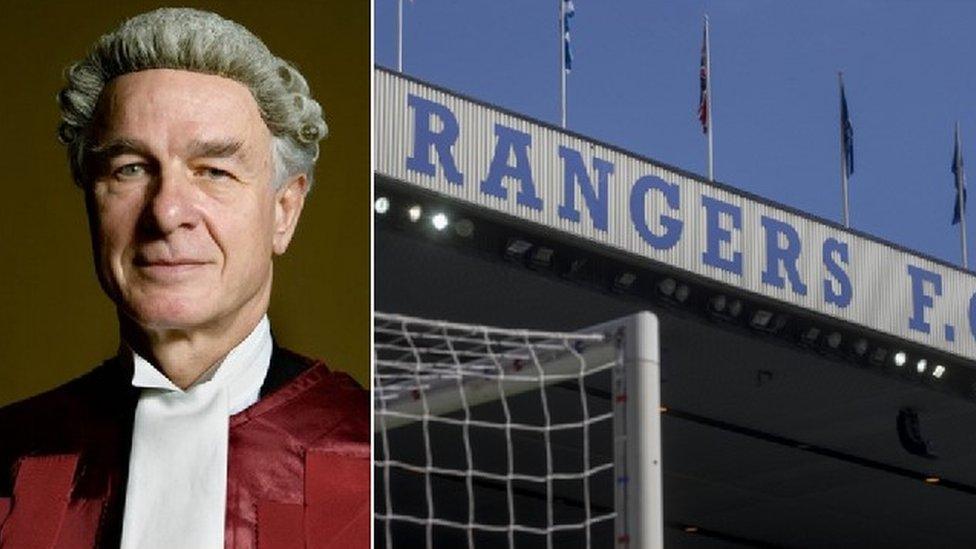
Lord Nimmo Smith chaired a commission which investigated player payment allegations at Rangers
The issue, however, may not be settled.
David Murray may choose to appeal against the ruling to the Supreme Court. If he does, a final ruling in the case may still be years away.
In the meantime, the judgement will have no financial impact on Rangers because the tax liability remains with the 'oldco' which went into liquidation.
Rangers fined
In 2012, the then Scottish Premier League (SPL) announced that judge Lord Nimmo Smith would chair an independent commission to investigate alleged non-disclosed player payments at Rangers relating to EBTs.
The commission concluded that 'oldco' Rangers did not disclose payments to the football authorities and fined the club £250,000.
It also ruled out any sporting penalty, saying the non-disclosure did not affect the eligibility of players.
It remains to be seen whether the determinations of that commission will be subject to further scrutiny or challenge.
- Published4 November 2015
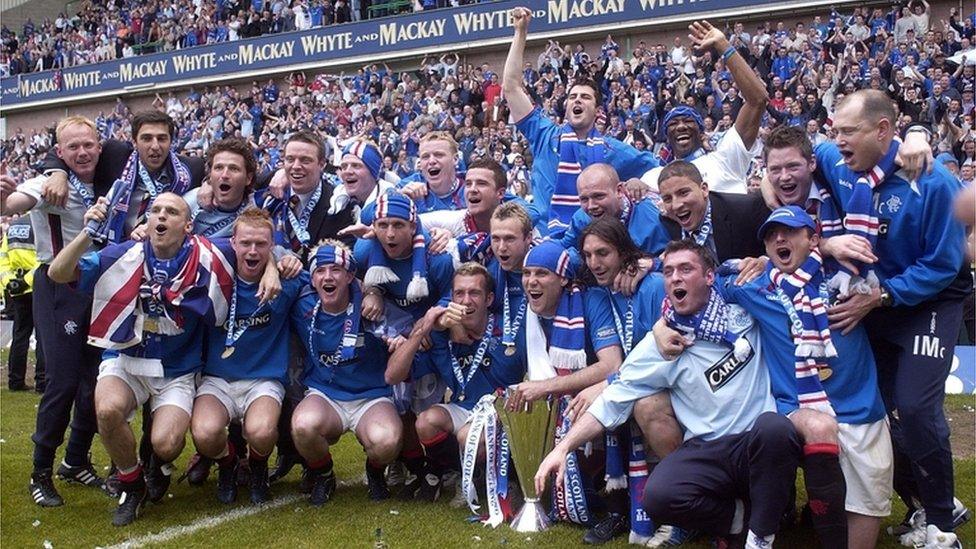
- Published1 September 2015
- Published7 July 2015
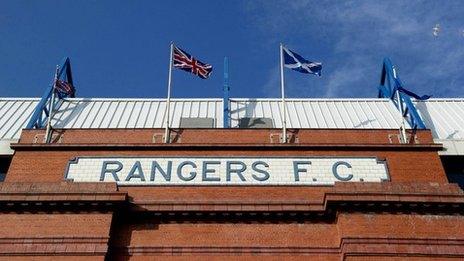
- Published7 August 2014

- Published9 July 2014
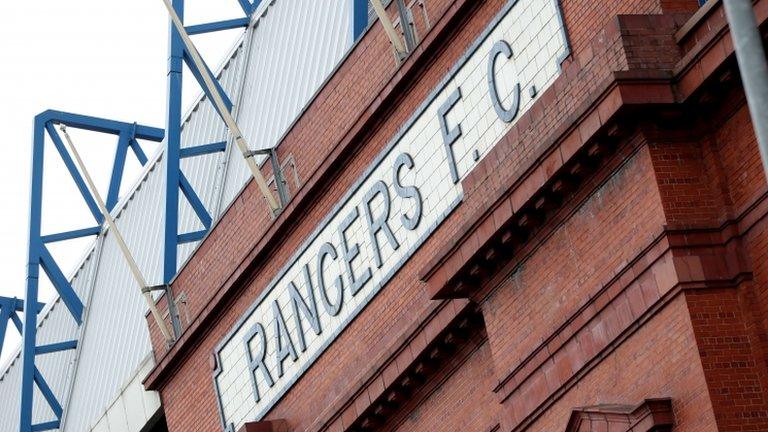
- Published20 November 2012

- Published20 November 2012

- Published23 May 2012